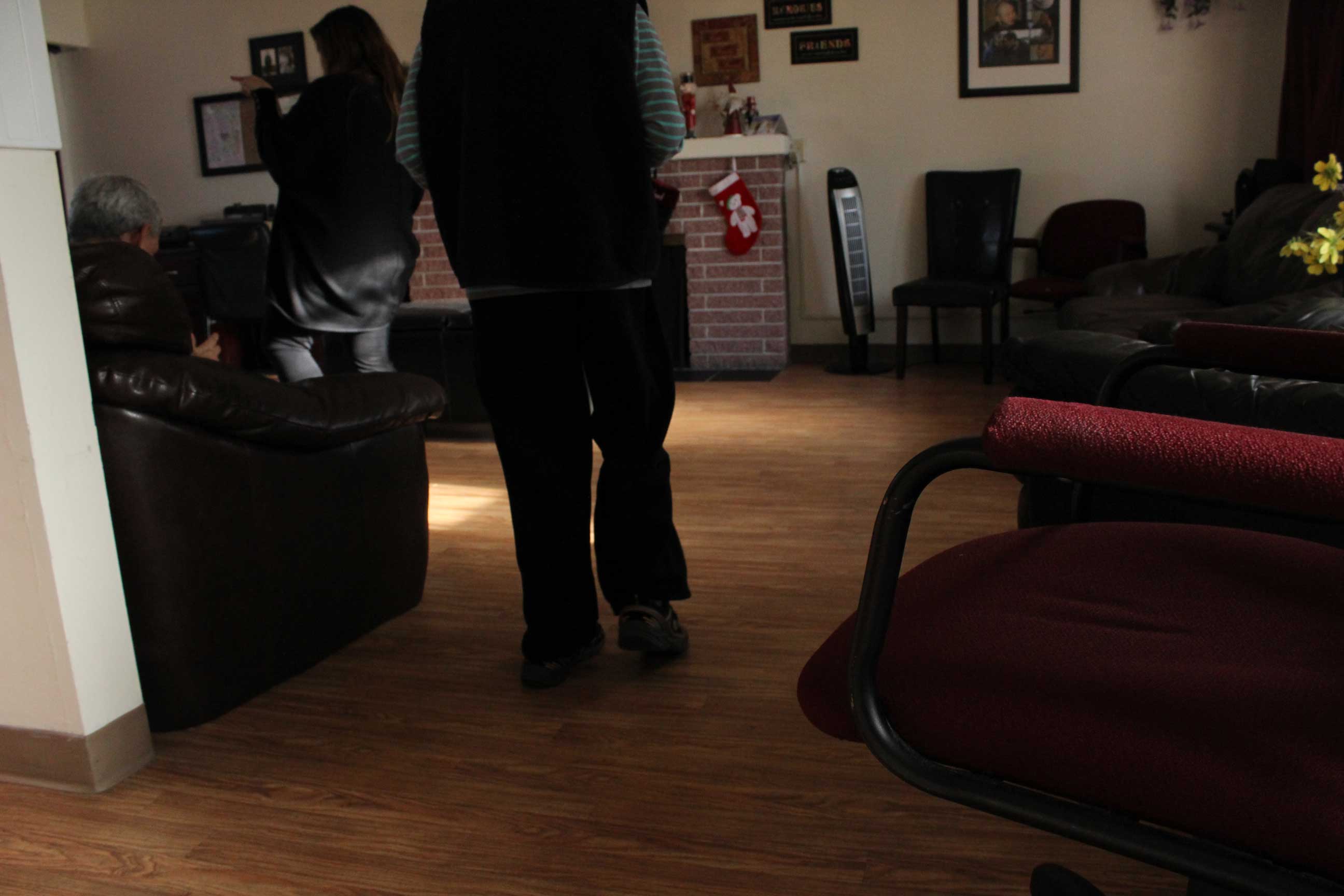Categories
It’s Friday, December 5.
It’s our 10th day on a 28-foot long R.V.
It’s our 3rd iteration of the on-board experience.
It’s our 143rd conversation.
Paper mache bead making is the 326th unique passion.

Norman is the manager of a day programme for people with a disability. He tells us, “I’ve learned more about staff in the last 20 minutes than over the past 18 months of working with them.”
His staff run side businesses, devour historical romance novels, go coast waking, speak Thai, make stain-glass, write limericks, and specialize in local food canning.
Drawing on what staff love to do is a big part of Kudoz. The new service we’re making & testing with individuals, families, and staff in British Columbia. Our hunch is that we can create hundreds of splendid 1:1 learning experiences by drawing on staff’s underutilized passions.
We now know that it’s totally possible to source splendid experiences. Question is: how to turn these splendid experiences into great learning moments. For an incredibly varied group of people. From people who struggle to verbally communicate. To people with super short attention spans. To people who have a hard time interacting in social settings.
People like Todd. Todd no longer speaks. He used to. Before he was institutionalized. These days he lives in a group home. And spends so much of the day pacing around the house, he’s worn holes in the carpet.
It’s Friday, November 29.
It’s our 5th day on a 28-foot long R.V.
It’s our 2nd iteration of the on-board experience.
It’s our 79th conversation.
Forest bathing is the 197th unique passion.

We’re getting to know Alice. Alice has worked for 7 years in the group home with Todd. She knows his rhythms and moods. But beyond walking the neighborhood to do the paper route, she’s not sure what – if anything – will engage him.
Can Kudoz prompt change for people like Todd? Or is Kudoz more of an early intervention service for Todd twenty years ago? Before he entered the system. Before the limited repertoire of activities. Before the stagnation and the regression. We don’t yet know.
Behind the scenes of Friday, November 29.
It’s our 4th week of prototyping
It’s our 4th round of team reflections.
It’s our first bout of tears.
We’re struggling not knowing whether we can shift the day-to-day realities of people like Todd. His life has been permanently marked by disability policies and services. Some of which have caused real harm. The idea that these effects might be irrevocable – that we might not be able to reshape his forward trajectory – calls into question our inherently optimistic narrative of growth, development, and change.
We like to say we’re in the business of change. But maybe some things can’t be changed. And that makes us all feel like the stakes have never been higher. Here we are in full outreach mode – driving an R.V around town to convince others to join the prototype – and we haven’t had time for the scary existential questions. About limits.
‘No time’ is our continuous team refrain. We’ve mentioned the pace and sense of urgency week-after-week. The tricky choreography of a prototype: where we’re constantly performing whilst rehearsing whilst adjusting. What we haven’t yet managed to adjust is our own expectations. And it’s these expectations which are setting the pace, and stoking the urgency.

Behind the scenes of Friday, December 5.
It’s our 5th week of prototyping
It’s our 5th round of team reflections.
It’s our first moment to acknowledge the interpersonal tensions.
We’re at a team low point – and high point. We’ve cancelled our afternoon. And gone out for Dim sum. To bring to the surface the mounting tension. Tension is a normal part of any team. Particularly a team that spends most of their waking hours together. Within a confined space.
We know each other so well, we’ve let our guard down. Just like a married couple might. No longer are we trying to impress. No longer are we trying to hide our annoyances. No longer are we practicing patience. We’re forgetting how to draw on the strengths of our different communication styles. Some of us on the team are loud, assertive, confrontational. Others of us on the team are quiet, stoic, and non-confrontational. Some of us like talking about emotions. Others find they have no words.
How do we give space to both? How do we build team resilience? When working in an environment of constant change where both hope and disappointment compete for space?
Here’s where the innovation & leadership literature is surprisingly bare. Jeffrey Dyer, Hal Gregersen, and Clayton Christensen in their book The Innovator’s DNA highlight five habits that differentiate innovative leaders from your garden variety ones: associating, questioning, observing, experimenting, and networking. All critical skills. That we too try and cultivate. And yet we find they are wholly insufficient. They attend to the intellectualism of innovation. But not to the underlying emotion.
Of course, it’s darn hard to balance the intellectual with the emotional. To strive for better services and for better versions of ourselves. At the same time.
We’ll start this week by making some of our implicit expectations explicit. Using what’s called a dialectical approach to relationship maintenance. From a dialectical perspective, people in close relationships face inevitable incompatibilities. Between connection and autonomy; predictability and novelty; openness and privacy. So we’ll explore how we might recalibrate roles, tasks, and communication strategies accordingly.
As always, stay tuned.